By the time the audience hear Lateline’s newly remixed opening song begin to play on Monday night, the show has been off the air for 13 weeks. During that long summer, we’d piloted various versions of the new look, held workshops with senior news management about style and substance and lost four valued members of staff. The rest of us are relieved to be back on ABC TV and our new home on ABC News 24, albeit a little anxious about the weight of expectation that a sustained absence, and a slick advertising campaign, can produce. The challenge is to choose subjects that will resonate well beyond our timeslot then shoehorn two interviews and at least one story in to 27 minutes where we would previously have had 35 to 40 minutes.
Given the recent shenanigans in federal politics, we invite Arthur Sinodinos to join us on day one. It was his intervention in the days before the spill motion that underscored the enormity of the Prime Minister’s predicament. He confirms to us he was indeed one of the 39 backbenchers who’d voted for change. I had asked to have the Prime Minister kick off our first show for 2015 but my calls went unanswered. As confounding a record as it is, Mr Abbott has not been on the Lateline set for 3 years and four months (yes, I’m counting). My new, relaxed style of delivery doesn’t thrill all our viewers, especially when I call Senator Sinodinos ‘this bloke’. We spend the rest of the show exploring trolling and online shaming in a profile of Mariam Veizedah and an interview with Jon Ronson, the author of the thoroughly entertaining So you’ve been publicly shamed.
My days on Lateline are long but none more so than Tuesdays when I take my daughter to swim squad training at 6.30 am after closing my eyes at around 1.30 am. I like to read the morning’s papers online the night before so I can concentrate on listening to Radio National while I ferry children to sport, make school lunches, whip up three different breakfast orders of omelettes, power smoothies and porridge, walk the dog, do two or three loads of laundry and prepare dinner. It’s gratifying to hear the show mentioned on AM given our mission statement is to be agenda setting. Lateline’s producers and I jump on a conference call at 9.30 am every day to discuss the program and decide on a final line up for the night ahead.
My cousin’s son Matteo has come from Genoa to stay with us for a year. He’s enrolled in an advanced English language course and hopes to study psychology at an Australian university. At 22, he’s the same age my father was when he escaped the scourge of post-WWII Italy. A large restaurant in the Sydney CBD offers to pay him $13 an hour cash which he is happy to accept. I tell him that’s not only appallingly inadequate but against the law and – hey presto! – Lateline has a potential segment on the exploitation of desperate young European workers settling in Australia. Matteo’s grandfather (my father’s brother) cries to me on Skype about the 50 per cent youth unemployment that’s driving out the country’s youth and how deeply painful it is to see history repeating itself.
We decide to dedicate our second show to what the word ‘privacy’ means these days. In my interview with online security expert Bruce Schneier, he tells us that ‘privacy is not about having something to hide. It’s about human dignity’. He says the US Government has never been able to provide evidence of an instance where metadata has foiled a terrorist plot.
Since I turned 45, I’m getting more invitations to talk to ‘young women’ about the media. Last week I addressed a group who support young women looking for advice about their careers. I’d previously agreed to act as a mentor and on Wednesday I make contact with a young woman who, at 23, has already lost a job at a newspaper and in a television newsroom despite winning journalism awards for some excellent, original reporting. The current media malaise and disruption from digital sources is worse than what I remember of 1990 when the Melbourne Herald and the Sun merged and mine was the first intake year when the best you could hope for was one of six jobs as a copy person earning less than $10,000 p.a.
I’m almost late to brunch with a federal MP who’s visiting Sydney and wants to catch up. We talk about the Australian men on death row in Indonesia and how unsettling it is to find such large numbers expressing support for execution. I spend the rest of the day studying attitudes to prostitution across the globe and bracing for an online assault when we dedicate all of Friday’s show to sex work and its regulation. My own view is that sex should never be bought and sold but protected as an activity between consenting adults drawn together by mutual desire. An academic paper examining the lives of 854 sex workers across nine countries found that the industry was multitraumatic: 71 per cent of respondents said they’d been physically assaulted, 63 per cent reported being raped, 89 per cent wanted to escape prostitution but had no other options and 68 per cent exhibit signs of post traumatic stress disorder. During the show, Twitter goes into meltdown with escorts and others telling me I’m biased against women who’ve made a ‘choice’ to sell their bodies and are proud to be ‘whores’. As I pour myself a glass of wine after our first week back and flip open my ipad, the theme of the night’s program seems to continue with news from Corriere della Sera that Silvio Berlusconi has been cleared of paying for an underage prostitute and using his clout to cover it up. Matteo glances over and observes that Tony Abbott’s penchant for eating unpeeled onions doesn’t seem so silly when you compare him to Berlusconi who, at 78, is about to have another tilt at frontline politics.
Got something to add? Join the discussion and comment below.
Get 10 issues for just $10
Subscribe to The Spectator Australia today for the next 10 magazine issues, plus full online access, for just $10.
You might disagree with half of it, but you’ll enjoy reading all of it. Try your first month for free, then just $2 a week for the remainder of your first year.

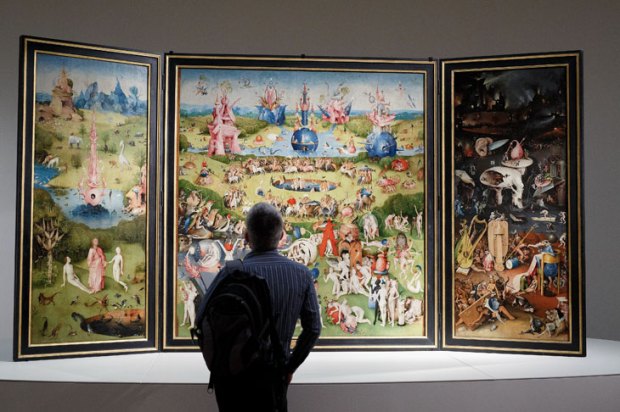

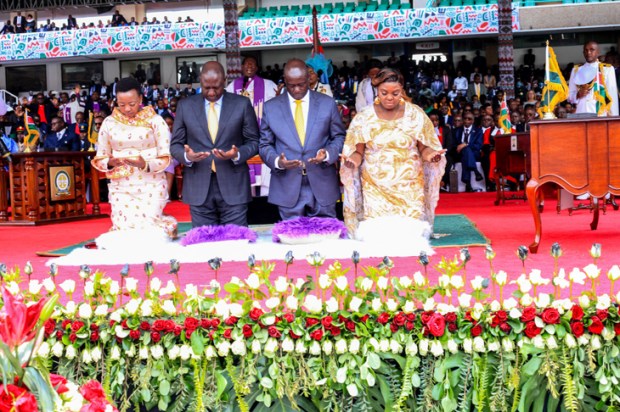
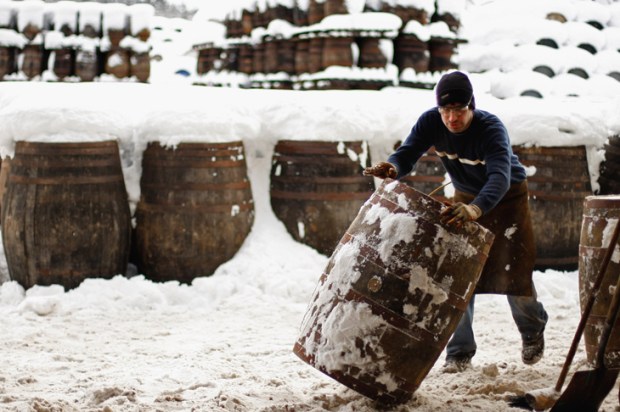
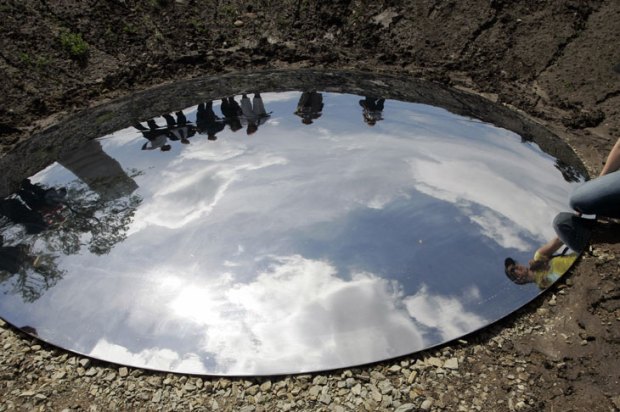
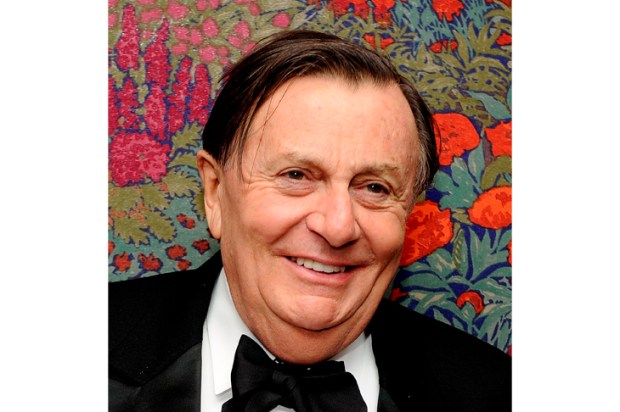






Comments
Don't miss out
Join the conversation with other Spectator Australia readers. Subscribe to leave a comment.
SUBSCRIBEAlready a subscriber? Log in